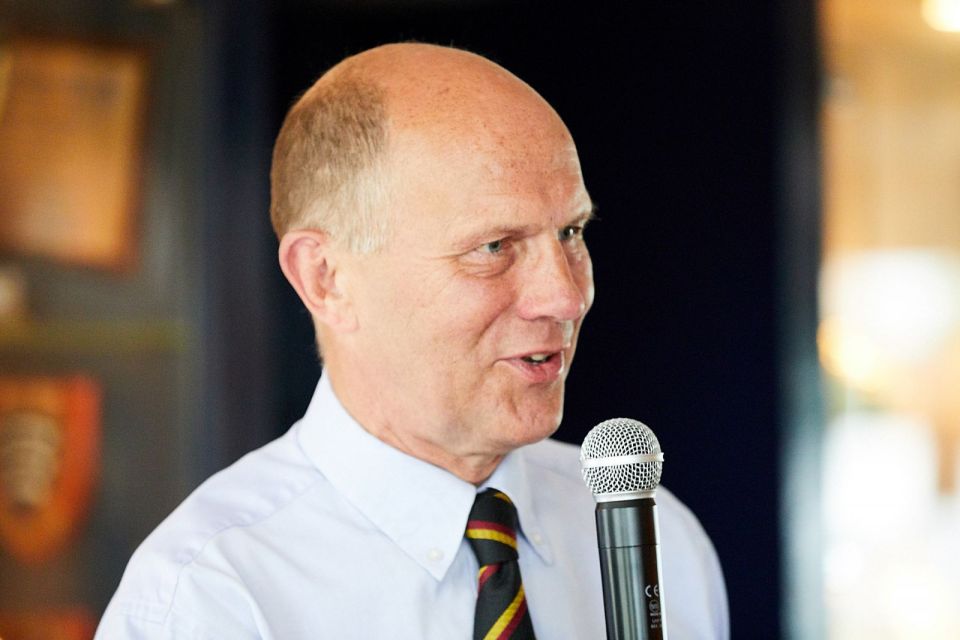Championship rugby club chairman: ‘Increase funding to clubs’

Richmond’s chairman has called on the Rugby Football Union (RFU) to solve the Championship’s increasingly insurmountable financial barriers to promotion to the top division.
The RFU has cut funding for already cash-strapped second-tier clubs from around £550,000 each per year to less than half that this season.
It is another hurdle to promotion for Championship teams, who face the threat of a ring-fenced top division, the lack of a full TV rights deal and prohibitively strict criteria for promotion.
“We would hope that the RFU would maintain and indeed increase the contribution that we currently get,” John Heaton, Richmond RFC chairman, told City A.M.
“That has a big impact on us. We have to meet certain medical standards and a lot of that payment goes to make sure that we do have the right medical standards.
“It’s an expensive business where we are and we are just a community club – we pay a relatively small amount to our players to play.
“We can’t compete with Ealing and Cornish Pirates and Doncaster.”
In order to get promoted, Championship clubs must meet a number of criteria, including meeting a minimum stadium capacity and a multi-million pound payment to buy a share in the Premiership.
Such a high bar has put off everyone bar Ealing Trailfinders and Doncaster from volunteering to be audited by the RFU in case they’re promoted this summer.
“Whether it’s arbitrary I’m not sure, but 10,000 [minimum stadium capacity] has been the number suggested a few years ago,” Heaton said.
“Whether they actually get that attendance or not is another matter. They [Premiership Rugby] are trying to keep up standards, which I understand.
“I think one of the difficult issues is this question of buying shares, and that’s probably the same for a lot of clubs. It’s a bigger issue than developing the ground.”
It has been suggested that it could cost clubs upwards of £35m to get promoted once necessary stadium improvements and buying a share in the league have been accounted for.
Championship clubs are in an unenviable position, expected to be competitive week in and week out while satisfying sky-high demands for promotion on an ever slimming budget.
Yet the division is an important part of English rugby’s ecosystem and has been a pathway for so many great players, and of course Exeter Chiefs’ rise.
TV rights are another issue for Championship teams like Richmond, who do not have a central deal.
In France, by contrast, the Top14 and the second division ProD2 are sold together to broadcasters. As a result, second division games tend to be on a Thursday with Top14 games across the weekend.
“I think Championship clubs would be happy to play at different times if they took a share from the money pot in any broadcast deal,” Heaton said.
“If you’re looking at packaging and it’s Premiership and Championship together, you’re probably looking at one of the main broadcasters such as Sky or BT Sport.
“Most of our income comes from rent and hire of the ground and its facilities, not the rugby side.”